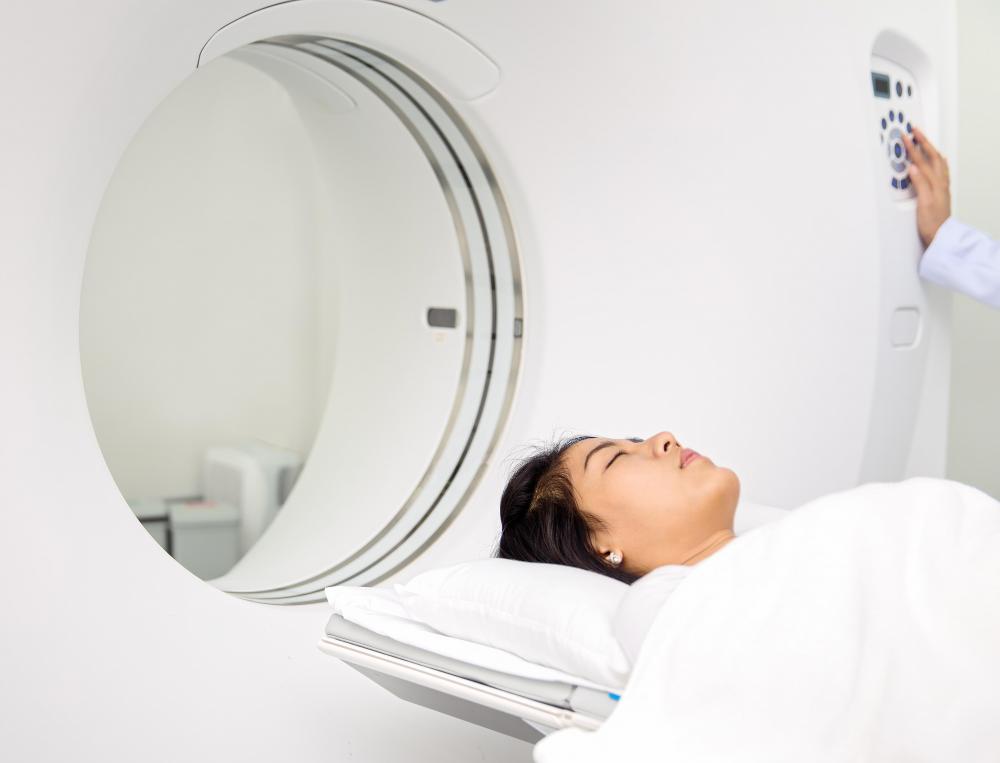At TheHealthBoard, we're committed to delivering accurate, trustworthy information. Our expert-authored content is rigorously fact-checked and sourced from credible authorities. Discover how we uphold the highest standards in providing you with reliable knowledge.
What is Abulia?
Abulia, also called Blocq's disease, is a neurological condition in which the patient lacks will or initiative. It is in the middle of the spectrum of diseases known as the Disorders of Diminished Motivation (DDM), of which the least severe is apathy and the most severe is akinetic mutism, in which the patient tends not to talk or speak at all. Abulia may be caused by lesions on the frontal lobe or the basal ganglia of the brain, dopamine-related dysfunction, or brain injury. The frontal lobe controls higher thinking, while the basal ganglia controls movement, so damage to either area can result in decreased motivation.
Abulia is characterized by poor or diminished voluntary movement, difficulty initiating or sustaining movement, reduced emotional responsiveness, increased response time to questions and suggestions, increased passivity, and decreased social interaction and interest in regular activities. Some patients also have a reduced appetite, and may be unable to completely chew and swallow food. The condition sometimes appears on its own, and sometimes as the symptom of some other neurological condition, such as Alzheimer's disease, schizophrenia, or depression. Huntington's disease, Parkinson's disease, and other degenerative disorders of the central nervous system can cause legions to form that can lead to the development of abulia.

Abulia is most common in patients suffering from Alzheimer's disease. Twenty-five to 50 percent of Alzheimer's patients display a lack of motivation. The more severe and the more advanced the case of Alzheimer's disease, the more likely it is to present with a lack of motivation.
Abulia can be difficult to diagnose because of its status as a point on the spectrum of DDM. Clinical observation and discussion with the patient's relatives and caretakers are the initial steps in diagnosing the disorder. Computed tomography (CT) or magnetic resonance imaging (MRI) scans can help identify lesions on the brain that may be the cause of abulia.

Abulia is typically treated with medication, usually antidepressants. Before prescribing such medication, physicians attempt to treat any underlying causes of the disorder, such as controlling headaches or seizures, or optimizing vision, hearing, and speech. These methods may be enough on their own to help improve the patient's condition.
AS FEATURED ON:
AS FEATURED ON:



















Discuss this Article
Post your comments